They promise a cleaner conscience and a healthier plate, but not all plant-based meats deserve their health halo. Beyond the bright packaging and “meatless” claims, many popular imitation meats hide sky-high sodium, questionable additives, and heavy processing that can quietly sabotage your health goals. Whether you’re going vegan, cutting back on red meat, or just curious about meat alternatives, it’s crucial to know that not all veggie burgers and nuggets are created equal. Before your next grocery haul, discover the 7 popular imitation meats nutritionists warn could be doing your body more harm than good—despite their plant-based label.
1. Impossible Foods’ Bleeding Burger
Biting into an Impossible Burger reveals a convincing meat-like experience, complete with a “bleeding” effect that comes from genetically engineered soy leghemoglobin. This novel ingredient hasn’t been consumed by humans throughout history, raising eyebrows among some health experts about potential long-term effects.
Sodium levels soar in these popular patties, with one burger delivering nearly a quarter of your daily recommended limit. The saturated fat content also matches or exceeds many conventional meat options.
Food technology marvels aside, nutritionists recommend treating the Impossible Burger as an occasional novelty rather than a regular dietary component due to its ultra-processed nature.
2. MorningStar Farms Veggie Corn Dogs
Childhood nostalgia wrapped in a convenient plant-based package makes these veggie corn dogs an appealing freezer staple. Look beyond the cheerful packaging, however, and you’ll find a nutritional profile that might give you pause.
Processed soy protein forms the foundation, while artificial flavors create that familiar taste. The sodium content can reach alarming levels, sometimes delivering over 25% of your daily limit in just one corn dog!
Added sugars lurk in the cornbread coating, combining with the high sodium to create a double whammy of ingredients that nutritionists consistently advise limiting. Even though they’re meat-free, these convenient snacks fall firmly in the occasional treat category.
3. Gardein Crispy Tenders
Golden-brown and crunchy, Gardein’s Crispy Tenders lure many plant-based eaters with their convincing chicken-like texture. Behind that satisfying crunch hides a complex ingredient list dominated by soy protein isolate and vital wheat gluten.
Salt lovers beware – these tenders pack a sodium punch that might make your physician wince during your next checkup. The convenience factor can’t be denied, but nutritionists point to these as classic examples of highly processed foods that drift far from whole-food plant-based ideals.
For those with gluten sensitivities or watching sodium intake, these popular tenders present challenges that contradict their health-conscious image in the plant-based marketplace.
4. Beyond Meat’s Beyond Burger
Marketing wizardry positions the Beyond Burger as a health-conscious choice, but the nutritional reality tells a different story. Each patty packs a whopping dose of sodium that might make your blood pressure climb faster than a carnival roller coaster.
The saturated fat content rivals that of conventional beef burgers, challenging the heart-healthy image many consumers expect. Plus, the heavily processed pea protein isolate undergoes extensive manipulation to mimic meat texture.
While occasionally enjoying a Beyond Burger won’t derail your health journey, making it a dietary staple could introduce nutritional pitfalls that contradict why many people choose plant-based options in the first place.
5. Boca All American Flame Grilled Burgers
Remember when veggie burgers proudly showcased visible vegetable pieces? Boca’s All American burgers take a different approach, engineering a meat-like experience through processed soy protein and a carnival of artificial flavors.
Fiber content falls disappointingly low compared to whole plant foods, while sodium levels climb high enough to make nutritionists raise their eyebrows. The industrial processing required to transform soy into these uniform patties strips away many of the natural benefits of plant-based eating.
Health-conscious consumers might be surprised to learn these burgers bear little resemblance to the whole-food plant-based approach that research shows delivers the most impressive health benefits. They’re convenient but nutritionally compromised.
6. Quorn Meatless Nuggets
Fungi form the foundation of these popular nuggets, with mycoprotein (fermented fungal protein) creating their distinctive texture. While innovative, this protein source causes digestive distress for some consumers – from mild discomfort to more severe reactions that have prompted consumer advocacy groups to request better labeling.
The ultra-processed nature of these nuggets becomes apparent when examining their lengthy ingredient list. Sodium levels climb high enough to concern health professionals focused on cardiovascular wellness.
Additives and binding agents necessary for that nugget-like experience further distance these products from whole foods. For those seeking cleaner nutrition, these mycoprotein morsels might not deserve their health halo despite their meat-free status.
7. Field Roast Frankfurters
Savory and satisfying, Field Roast Frankfurters have won fans for their bold flavor profile that stands up to traditional hot dogs. Unfortunately, their nutritional profile raises concerns similar to their meat-based counterparts.
Sodium content reaches eye-popping levels, sometimes exceeding 600mg per frankfurter – over 25% of daily recommendations before considering buns and toppings! The saturated fat content might surprise those who assumed plant-based automatically means heart-healthy.
Food scientists achieve the distinctive texture through heavy processing and various additives. While these frankfurters might win taste tests against competitors, nutritionists consistently categorize them as special occasion foods rather than dietary staples, despite their plant origins.
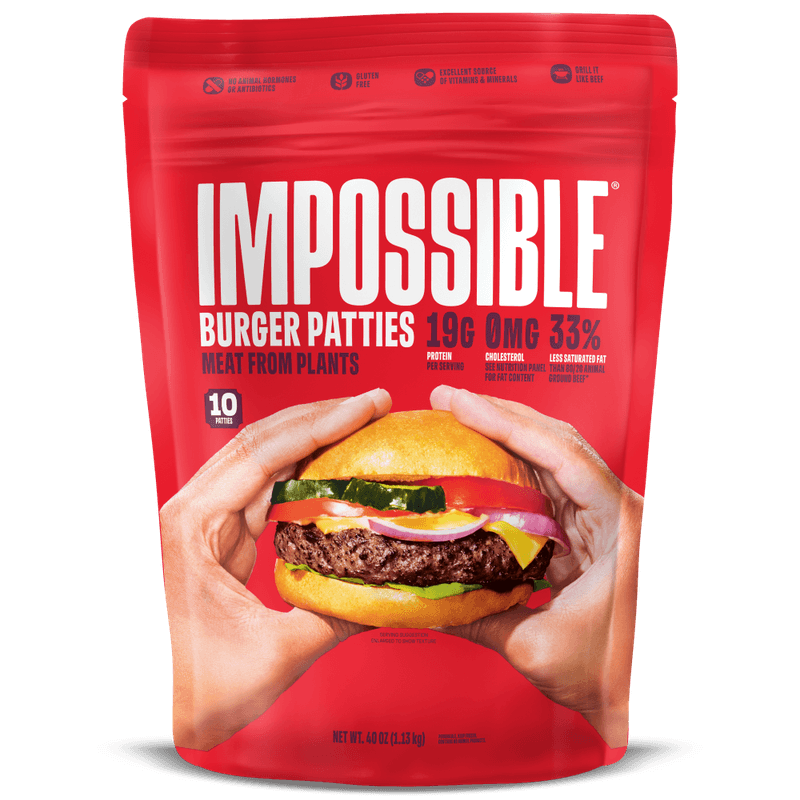

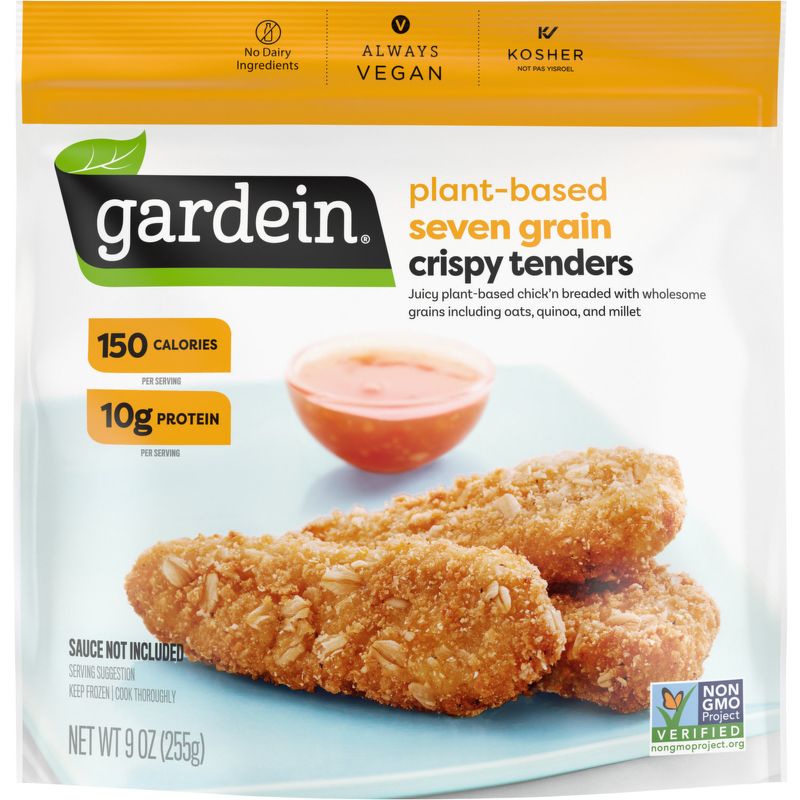
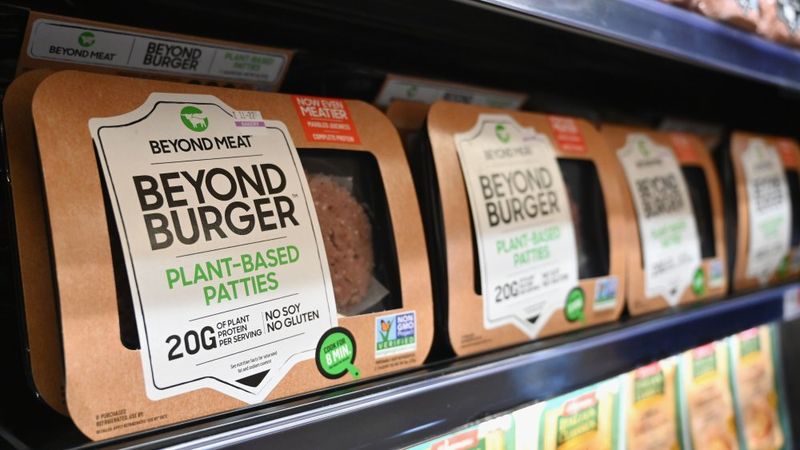
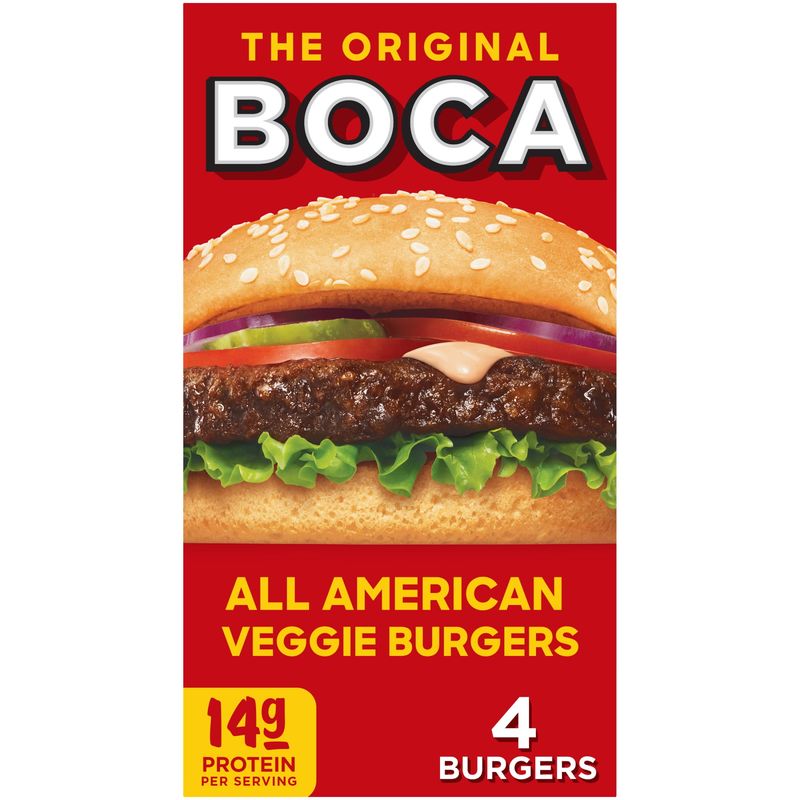
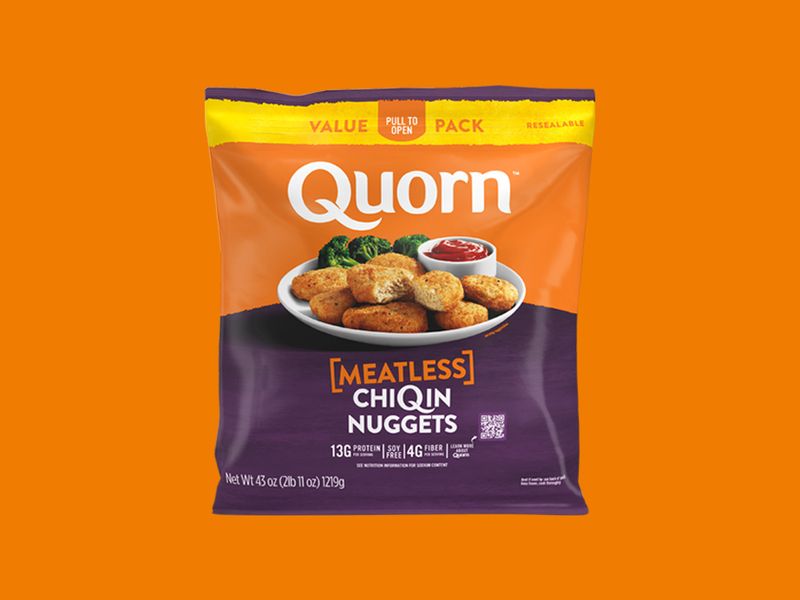

Leave a comment